The National Institute of Allergy and Infectious Diseases (NIAID), part of the National Institutes of Health, today launched a study designed to determine whether certain approved therapies or investigational drugs in late-stage clinical development show promise against COVID-19 and merit advancement into larger clinical trials. The ACTIV-5 Big Effect Trial, which will enroll adult volunteers hospitalized with COVID-19 at as many as 40 U.S sites, is being conducted in collaboration with the NIH’s public-private partnership Accelerating COVID-19 Therapeutic Innovations and Vaccines (ACTIV) program.
“The ACTIV-5/BET study aims to streamline the pathway to finding urgently needed COVID-19 treatments by repurposing either licensed or late-stage-development medicines and testing them in a way that identifies the most promising agents for larger clinical studies in the most expedient way possible,” said NIH Director Francis S. Collins, M.D., Ph.D.
The Phase 2 adaptive, randomized, double-blind, placebo-controlled trial will compare different investigational therapies to a common control arm to determine which experimental treatments have relatively large effects. Approximately 100 hospitalized volunteers will be assigned to each study arm with each of the study sites testing no more than three investigational treatments at once.
“The goal here is to identify as quickly as possible the experimental therapeutics that demonstrate the most clinical promise as COVID-19 treatments and move them into larger-scale testing,” said NIAID Director Anthony S. Fauci, M.D. “This study design is both an efficient way of finding those promising treatments and eliminating those that are not.”
The trial will test risankizumab, a monoclonal antibody developed by Boehringer Ingelheim (Ridgefield, Connecticut) and AbbVie (North Chicago, Illinois), in conjunction with the antiviral drug remdesivir, compared to a placebo plus remdesivir. The ACTIV-5/BET trial will also test the investigational monoclonal antibody lenzilumab, developed by Humanigen (Burlingame, California), with remdesivir, compared to placebo and remdesivir. Remdesivir has demonstrated clinical benefit for patients with severe COVID-19 requiring supplemental oxygen and is considered standard of care for hospitalized COVID-19 patients.
Monoclonal antibodies are laboratory-made versions of proteins naturally produced by the immune system in response to invading viruses or other pathogens. Risankizumab was approved in the United States in 2019 for the treatment of severe plaque psoriasis. Lenzilumab is currently being tested separately in a phase 3 COVID-19 study and in a phase 1b/2 study as sequenced therapy with CAR-T treatments.
In the ACTIV-5/BET study, volunteers assigned to receive risankizumab will be administered a single intravenous dose on day one of the study. Study participants assigned to receive lenzilumab will be given a 600 mg intravenous infusion every eight hours for a total of three doses.
The primary purpose of the ACTIV-5/BET study is to evaluate the clinical efficacy of the different investigational therapeutics relative to the control arm in hospitalized adults based on the volunteers’ clinical status at day eight. The study’s secondary point of evaluation is to evaluate the clinical efficacy of the different investigational therapeutics as assessed by the amount of time it takes for each volunteer to recover from COVID-19.
Study volunteers will be assessed daily by clinical staff while hospitalized. Once discharged, the volunteers will have study visits on days 15, 22 and 29 on an outpatient basis, with some of these visits potentially conducted by phone if there are infection control concerns or other restrictions. All volunteers will undergo a series of SARS-CoV-2 tests, including testing of serum and plasma samples and oropharyngeal swabs on day one of the study prior to receiving an investigational therapy and again on days three, five, eight and 11, while hospitalized. These tests will be performed again on days 15 and 29 whether the study volunteer remains hospitalized or returns for clinical follow up as an outpatient.
Study staff will be monitoring volunteers for adverse events, and an independent data safety monitoring board will oversee the trial and conduct periodic reviews throughout its duration.
For more information about the ACTIV-5/BET trial, please visit ClinicalTrials.gov using the identifier NCT04583969.
NIAID conducts and supports research—at NIH, throughout the United States, and worldwide—to study the causes of infectious and immune-mediated diseases, and to develop better means of preventing, diagnosing and treating these illnesses. News releases, fact sheets and other NIAID-related materials are available on the NIAID website.
About the National Institutes of Health (NIH): NIH, the nation's medical research agency, includes 27 Institutes and Centers and is a component of the U.S. Department of Health and Human Services. NIH is the primary federal agency conducting and supporting basic, clinical, and translational medical research, and is investigating the causes, treatments, and cures for both common and rare diseases. For more information about NIH and its programs, visit www.nih.gov.
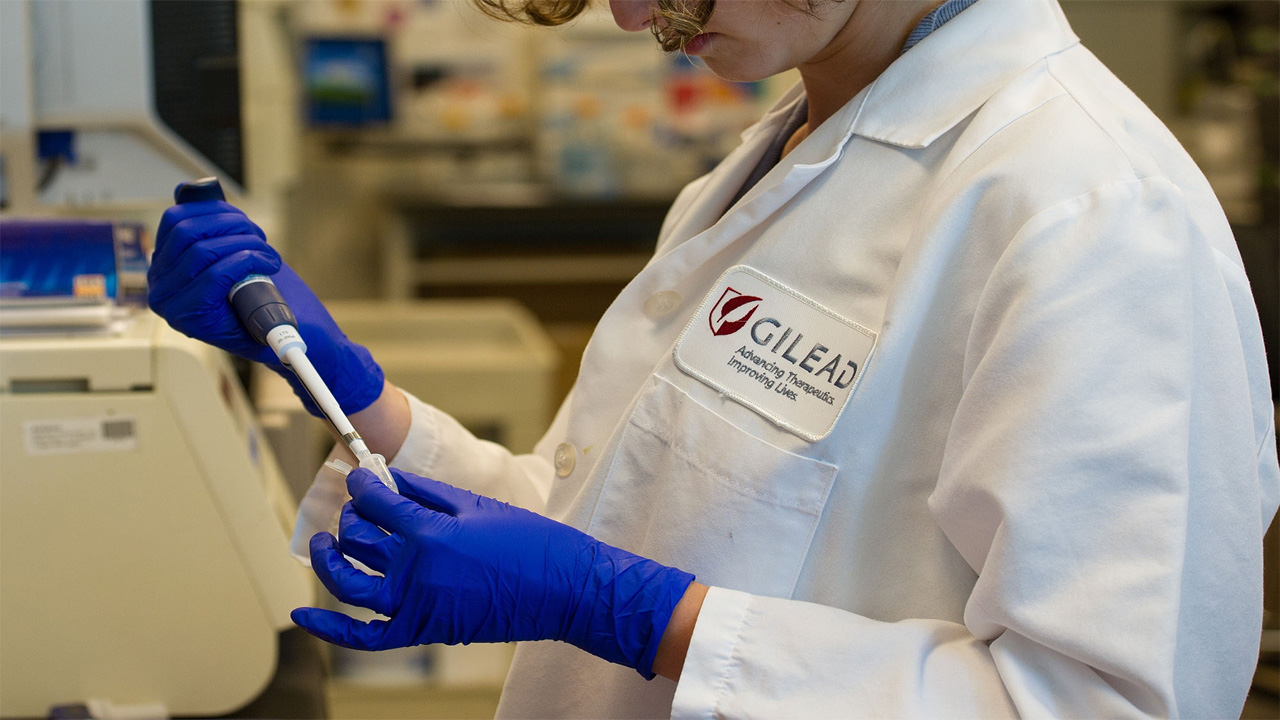
 Approximately 100 hospitalized volunteers will be assigned to each study arm with each of the study sites testing no more than three investigational treatments at once.
Approximately 100 hospitalized volunteers will be assigned to each study arm with each of the study sites testing no more than three investigational treatments at once.




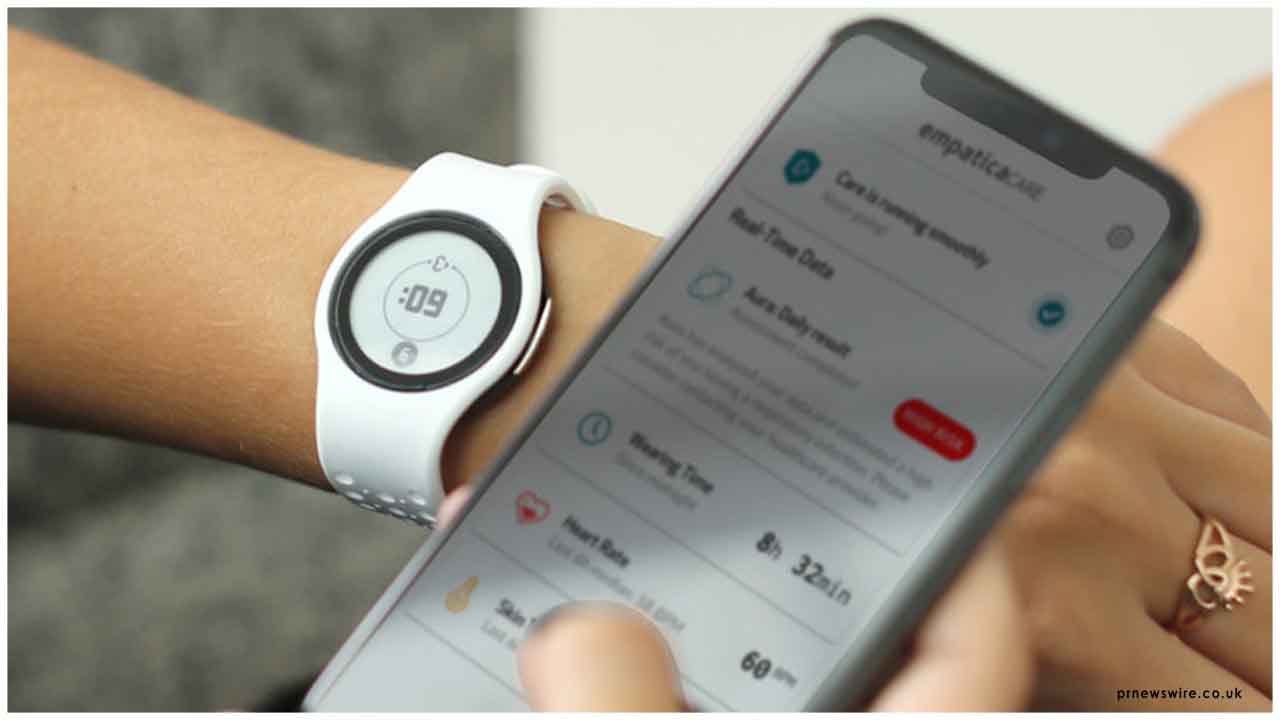
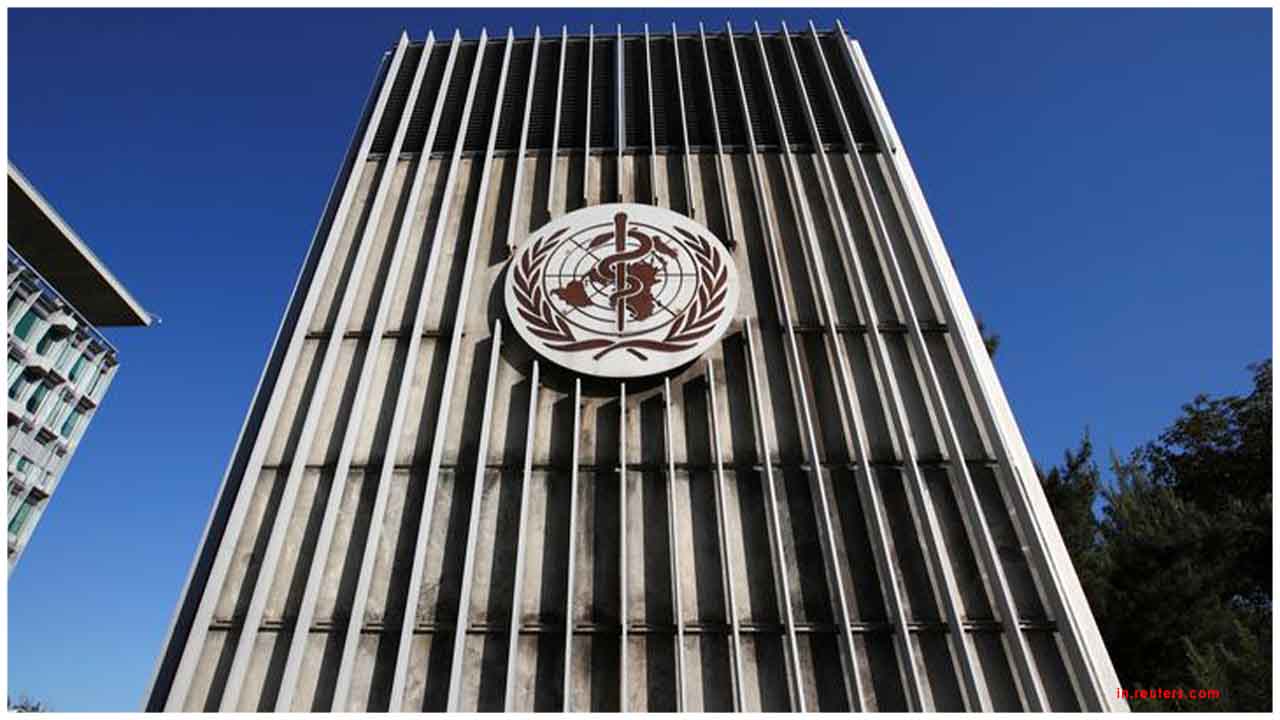

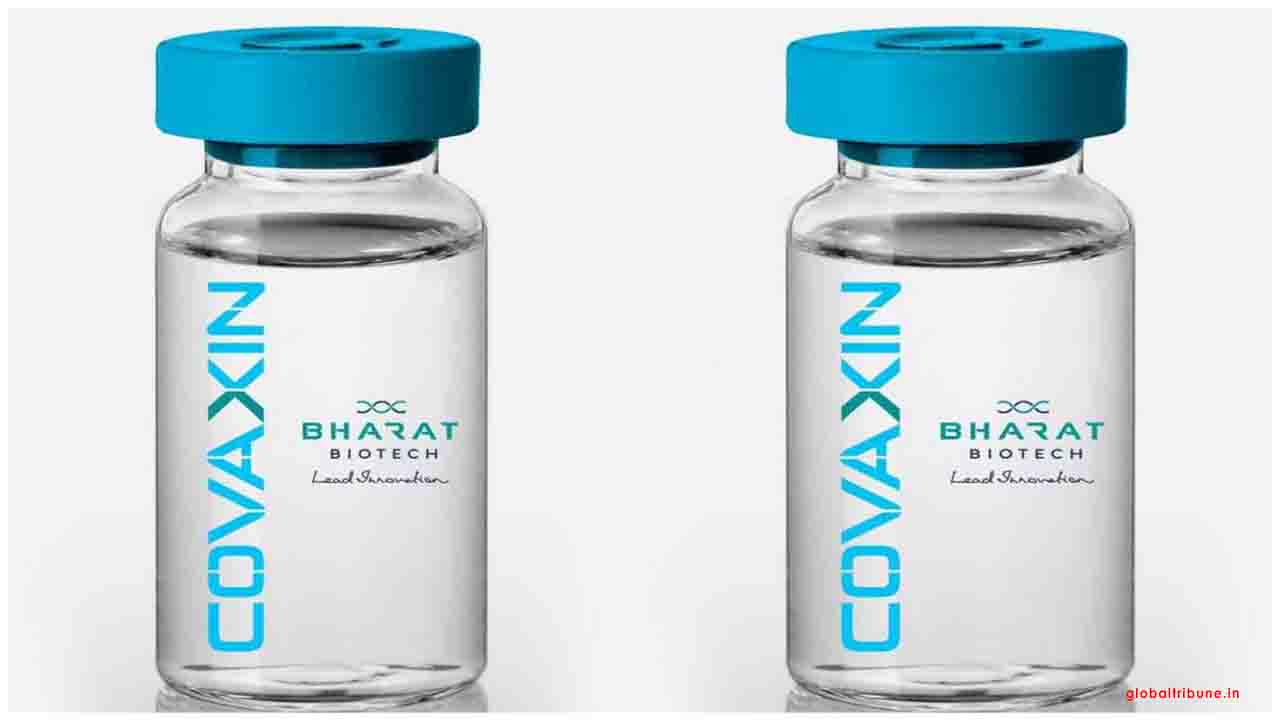
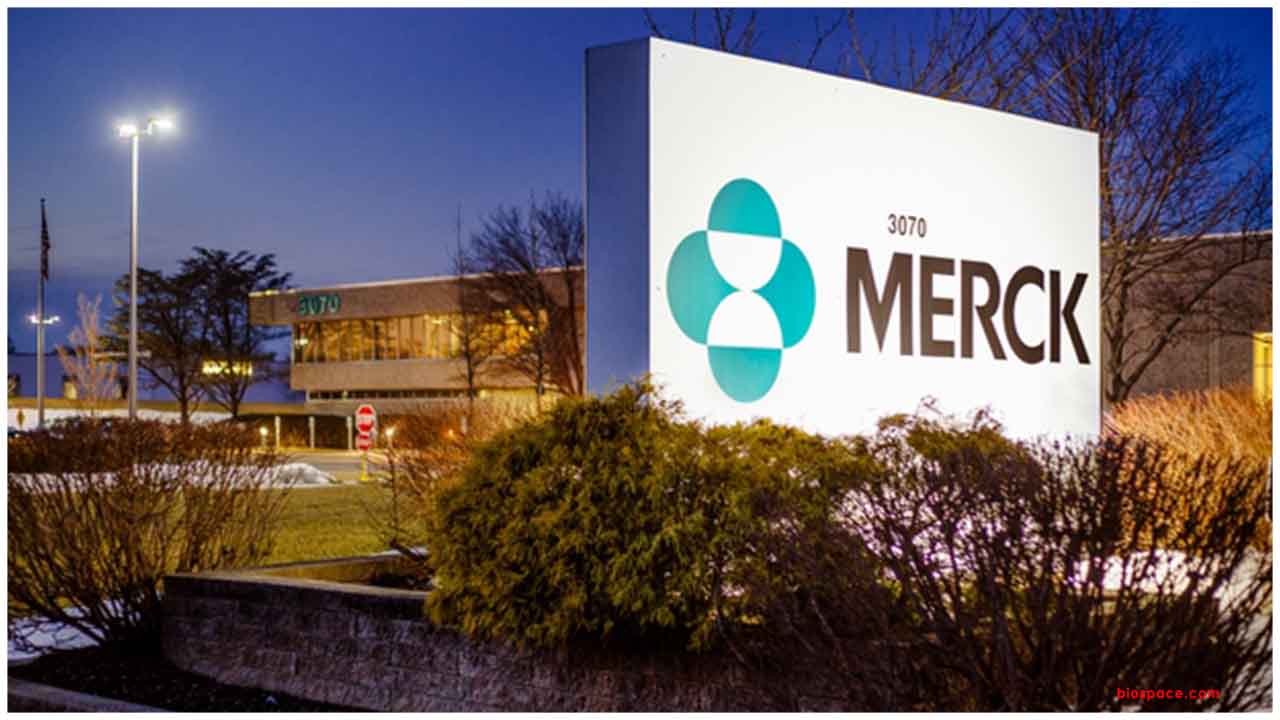
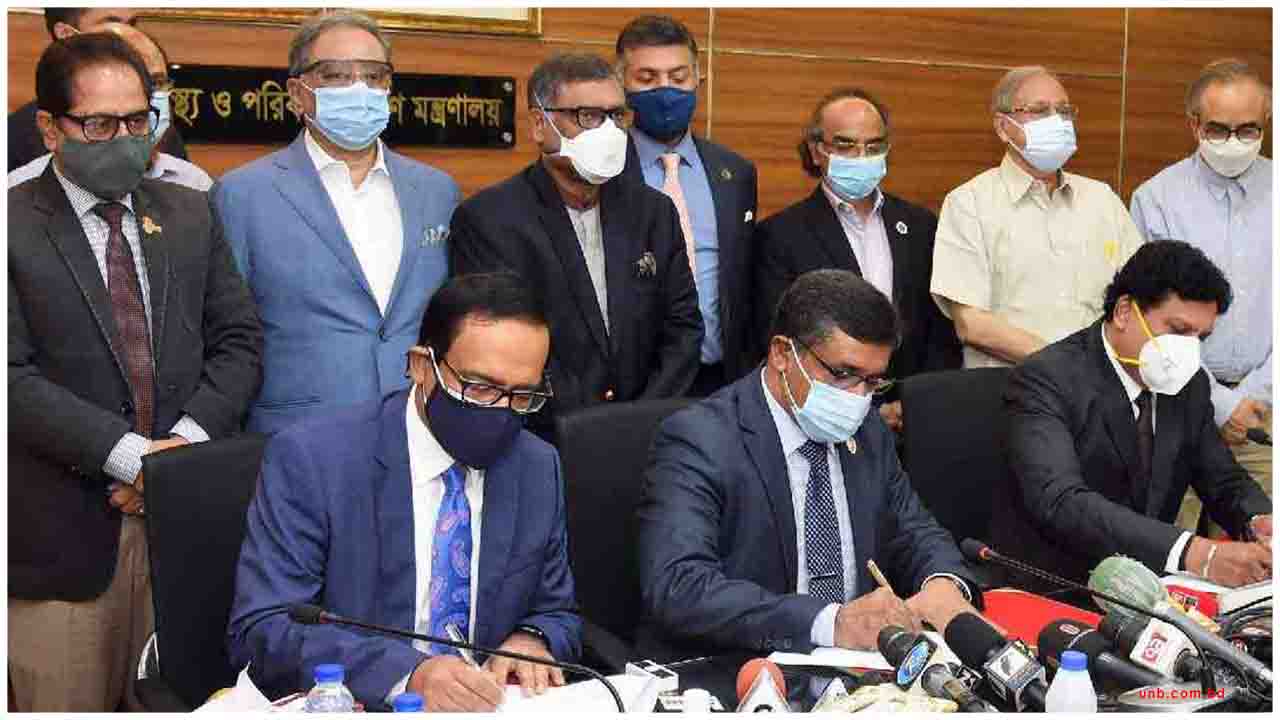
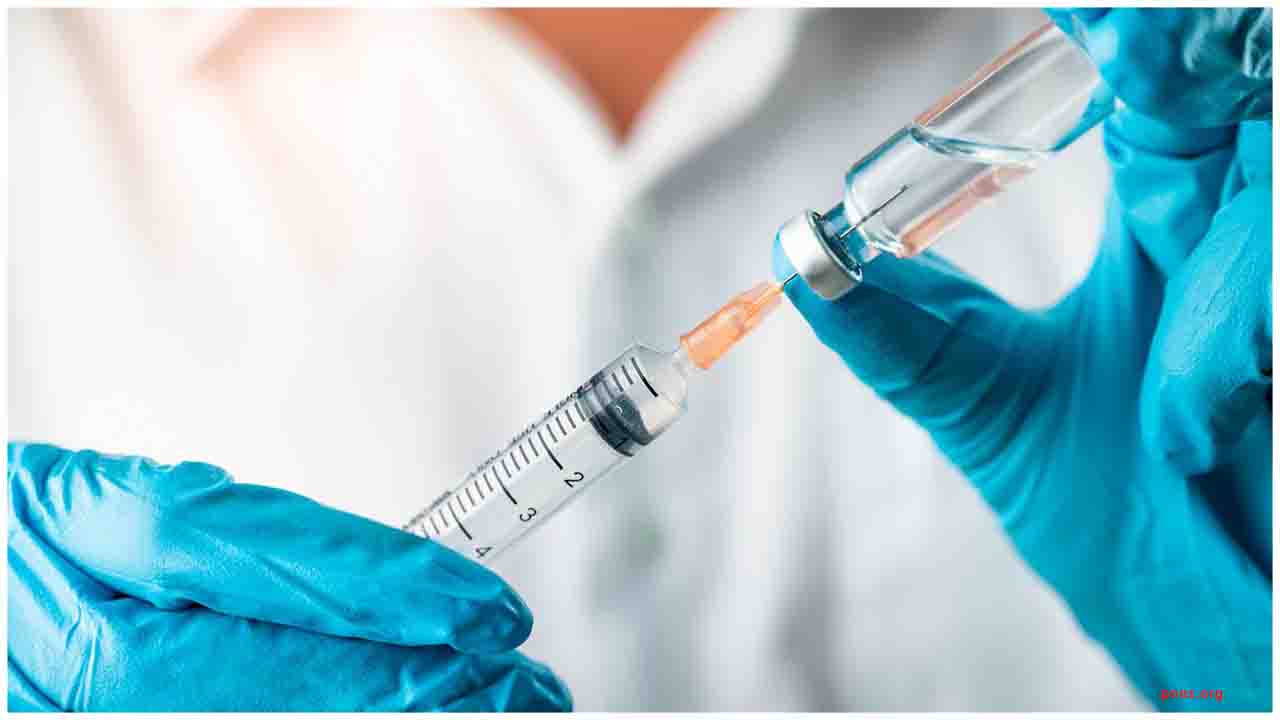





.jpeg)

.jpeg)










.jpg)




.jpg)

